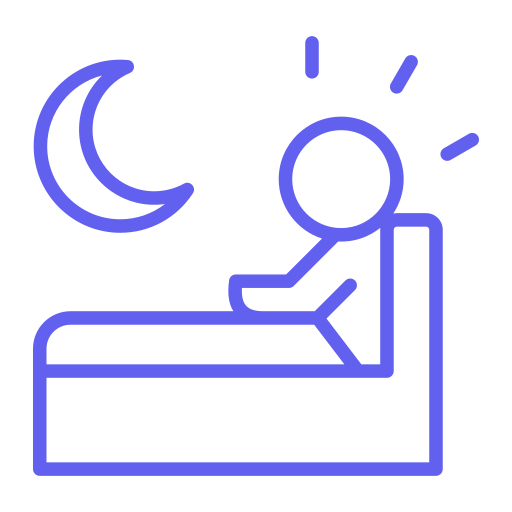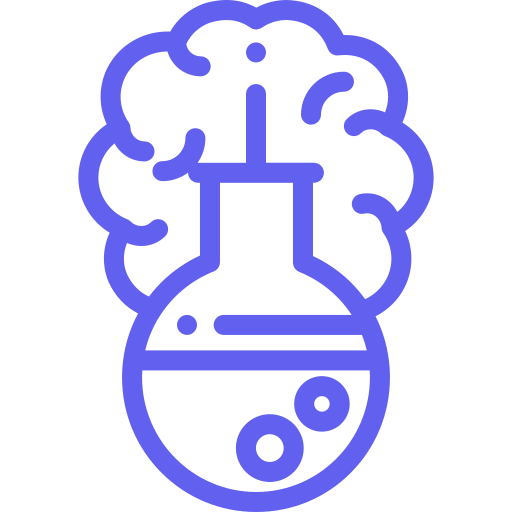What is Insomnia?
Providing Personalized Insomnia Care
Insomnia is when your sleep isn’t going the way it should. It could be not getting enough sleep, having trouble falling asleep, or constantly waking up.
For some, it’s a minor annoyance, but for others, it’s a big problem. The causes of insomnia can be different for everyone and sometimes it may lead to severe depression.

Symptoms of Insomnia
- Having trouble falling asleep.
- Waking up frequently during the night.
- Waking up too early.
- Feeling tired during the day.
- Difficulty concentrating.
- Mood swings or irritability.
- Physical issues like headaches or stomach problems.

Types of Insomnia
The type of insomnia you’re experiencing is essential to finding the right treatment:

Transient Insomnia
Generally occurs after a specific event or stressor. It usually resolves on its own.

Short-Term Insomnia
This lasts for a few weeks and is related to life changes, like a job transition or illness.

Chronic Insomnia
Persists for several months, affecting your daily life. It may be caused by underlying medical conditions or lifestyle factors.
What Causes the Condition?
Insomnia can be caused by a variety of factors, including:
Sleep traits and conditions like insomnia can run in families.
Insomnia may be linked to differences in brain activity or chemistry, affecting sleep.
Many people with chronic insomnia also experience mental health conditions like anxiety or depression.
Stressful life situations can contribute to insomnia, though they might not be the only cause.
Temporary changes such as jet lag, sleeping in new places, or adjusting to new schedules (like shift work) can disrupt your sleep. Long-term changes like moving to a new home can also affect sleep.
Your sleep habits, known as sleep hygiene, play a role. Factors include naps, bedtime, caffeine intake, and other lifestyle habits.
The Impact of Insomnia
Insomnia affects more than just sleep:
Physical Health
It weakens your immune system, increases health risks, and increases weight gain.

Mental Health
Sleep disorders are often linked to depression and anxiety.

Functionality
Prolonged fatigue can harm concentration, memory, and decision-making.
How We Can Help

Evaluation
We start by assessing your teen's sleep patterns, lifestyle, and any underlying medical conditions. Personalized insomnia management plans can be created based on this information.
Behavioral Therapy
We provide evidence-based cognitive-behavioral therapy for insomnia (CBT-I) - a proven method for improving sleep quality.
Medication
Medication might be helpful in some cases; it depends on the severity of the condition.
Lifestyle Adjustments
We can help you determine lifestyle factors related to insomnia, like diet, exercise, and stress management.
